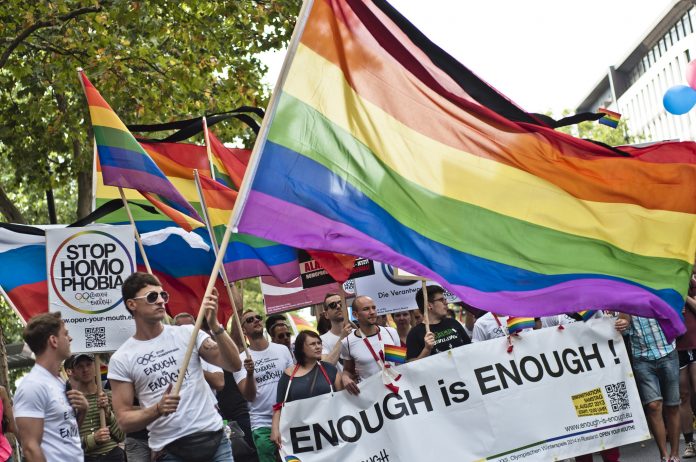A record number of Russians are reportedly applying for asylum in the United States. The latest data show that 2,664 new applications were submitted in the fiscal year ending on September 30 – a 39% increase compared to 2016.
Radio Free Europe/Radio Liberty (RFE/RL) obtained the 2017 statistics, which have yet to be released publicly, under a Freedom Of Information Act request filed with US Citizenship and Immigration Services (USCIS).
The 2017 figure is more than double the number of first-time applications by Russians since 2012, when Putin was elected to a third presidential term after serving four years as prime minister. It also eclipsed the previous high according to USCIS data for post-Soviet Russia, set in 1994 with 2,127 first-time asylum applications by Russians.
As reported by RFE/RL, Russian President Vladimir Putin has been accused by critics of overseeing a mounting crackdown on dissent – including against the political opposition and businesspeople not in step with the Kremlin – and fostering stigmatisation of sexual minorities since he regained the presidency.
According to rights activists and immigration lawyers, the surge in the number of Russian asylum applications in the United States has been driven in part by the 2013 law concerning sexual minorities.
The European Court of Human Rights last year ruled that Russian authorities “reinforce stigma and prejudice and encourage homophobia, which is incompatible with the notions of equality, pluralism, and tolerance inherent in a democratic society”.
Speaking to RFE/RL, Wendy Barlow, an immigration attorney with The Law Offices of Grinberg & Segal in New York, said her firm had “a couple of consultations with members of the LGBT (lesbian, gay, bisexual, and transgender) community from Chechnya” last year, but had not represented any.
Another New York-based attorney, Andrew Johnson, said his firm took on 25-30 new cases involving Russian asylum applicants in 2017. Half of those involved “straight political opinion,” while 35% concerned politically tinged “business-related” cases, Johnson said.

